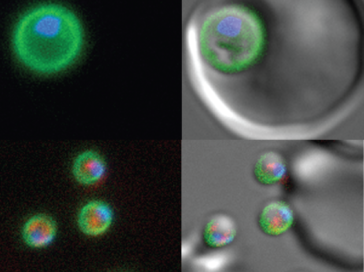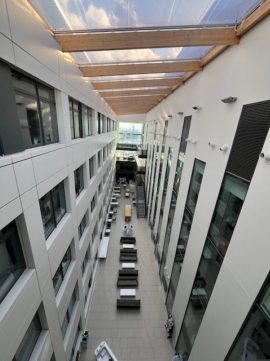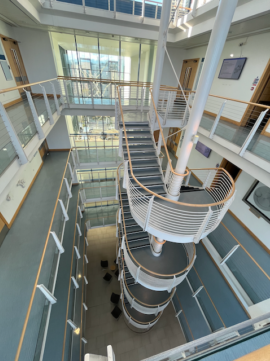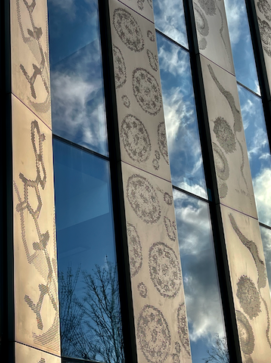Malaria Parasite Drug Resistance
The Lee lab is interested in the molecular basis of drug resistance in the human malaria parasite Plasmodium falciparum, and in developing molecular genetics approaches to interrogate gene function.
An individual malaria infection can be driven by more than 100 billion parasites at the peak of the disease cycle. Over the course of a chronic infection, the parasite has the potential to develop vast genetic diversity. This latent variability has troubling implications for the ease with which the parasite might develop immunity to drug treatment, both current and future. In the field, clinical resistance can take as little as a year to develop or can accrue over decades.
One of our longstanding research interests has been to understand the mechanisms available to the parasite to develop resistance, which often comes at a cost in terms of fitness in the absence of drug pressure. Using and developing new molecular genetics approaches, we hope to guide the development and prioritisation of future therapeutic targets and gain biological insight into critical parasite pathways.
Spread of chloroquine resistance.
Image credit: Laura Olivares Boldú / Wellcome Connecting Science

PfATP4-GFP on the parasite plasma membrane



External Partners

We are part of the Malaria Drug Accelerator (MalDA) Consortium, funded by the Bill and Melinda Gates Foundation. The MalDA consortium is composed of 18 laboratories, and aims to identify and validate new antimalarial targets, as well as early lead inhibitors.

Medicines for Malaria Venture (MMV) are funding a project to use drug resistant parasites to profile new antimalarial candidates.
Contact Us
The Lee Lab would be glad to hear from you!
Biological Chemistry and Drug Discovery,
School of Life Sciences,
University of Dundee,
Dundee
DD1 4HN
Scotland, UK